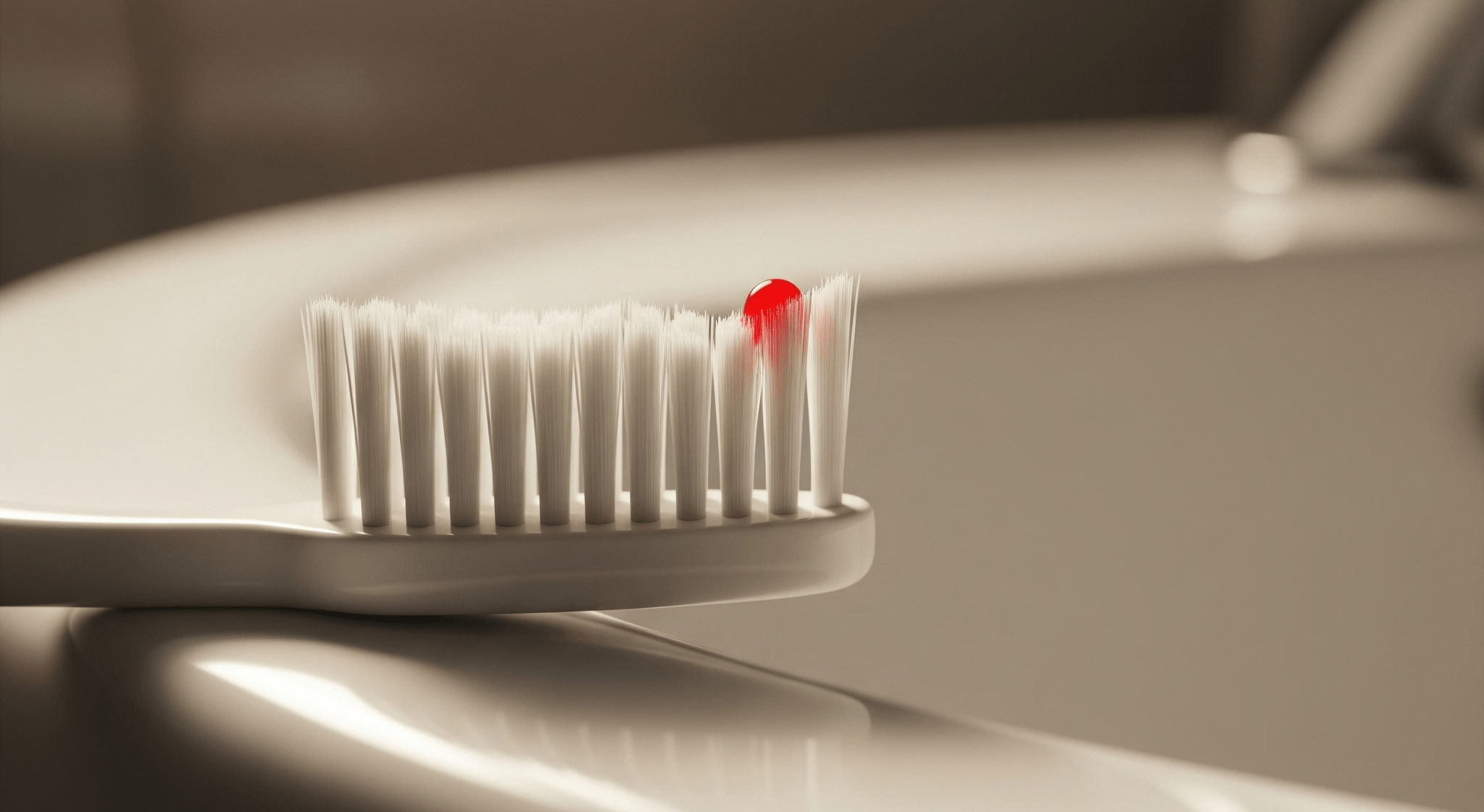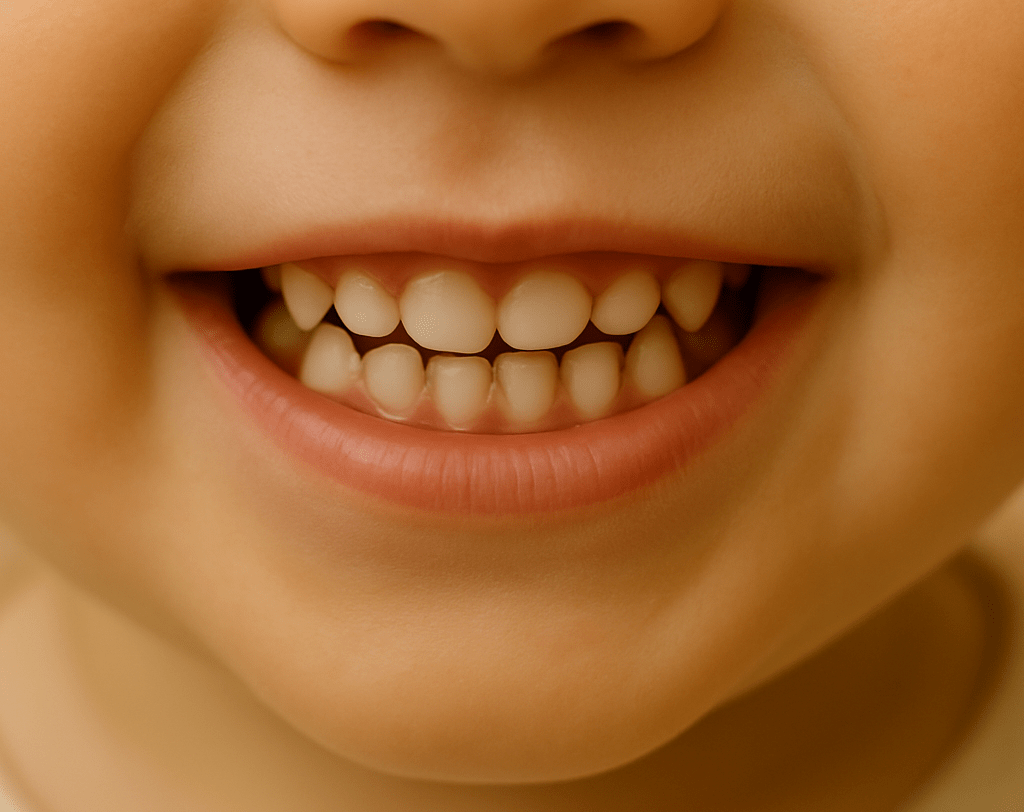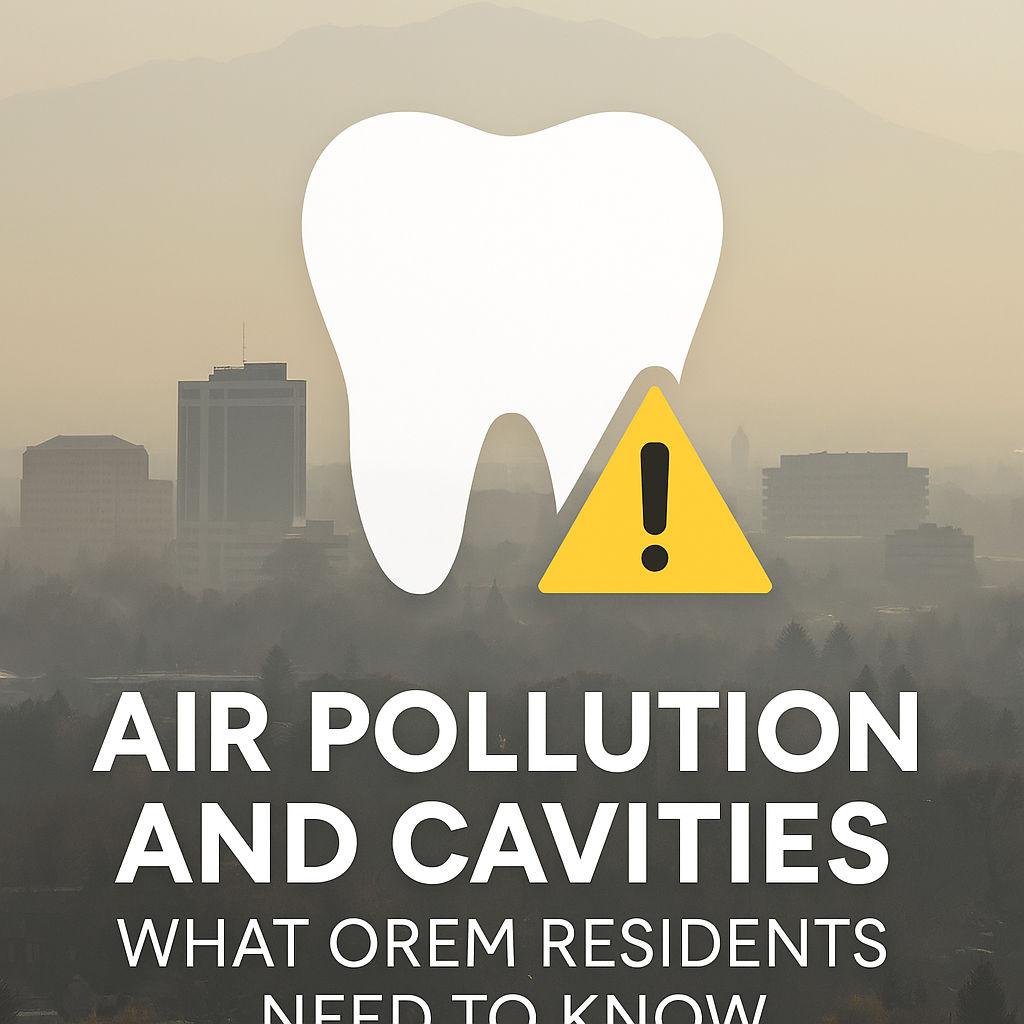Blog Highlights:
- Consuming a lot of sugar can help the bacteria in your mouth to thrive and produce acids that will erode your teeth
- Instead of consuming sweets, pastries, and too much carbohydrates, you can actually opt for food items that contain calcium to help strengthen your teeth enamel
- Heartburns and eating disorders can actually have a huge impact on the condition of your teeth
- Ask your dentist to give you a custom-fitted mouth guard if you suffer from bruxism at night
- You can actually ask your dentist to give you fluoride supplements or coatings to help strengthen your teeth if necessary
The enamel can be found on the surface of your teeth. This hard layer helps protect the inner portions of your teeth from decay. Over time, the enamel will normally suffer from wear and tear, but there are actually a lot of ways that you can do to make sure that it stays strong. In Orem, Utah, dentists highly recommend that you take these steps so you will have healthy teeth and gums:
1. Avoid consuming too much sugar
Bacteria thrive on sugars from your diet. In order to survive, they consume the sugar, and they produce acids that will slowly erode your teeth enamel. Soft drinks will not just put sugar on the surface of your teeth, it will also bathe your teeth in acids that will promote tooth decay. Chewy candies can easily get stuck in between teeth, if they are not removed properly, the sugary debris can cause a lot of damage.
Although there are sodas that contain artificial sweeteners, you might want to consider the fact that these can still wear down the enamel because of its acid content. This is why experts suggests that if you want to keep your teeth healthy, you should only drink plain water.
2. Opt for foods that can protect the enamel
Eating foods that contains Calcium can neutralize the acids in your mouth. It can also help protect your teeth and bones. This is why you should consume food items such as milk, cheese, and other dairy products. Just keep in mind that the experts at the American Dental Hygienists’ Association recommend that you consume fat-free or low-fat dairy products so you can avoid taking in a lot of calories. If you do not consume dairy food, you can opt for vegetables that are high in calcium, or food items that have been enriched with calcium.
3. Don’t over-brush your teeth
Brushing is good for your oral health, but overdoing it can actually wear down your enamel. When brushing your teeth, use a soft-bristled tooth brush and hold it at a 45-degree angle to your gums. Move it back and forth in gentle strokes while moving the brush in short distances. You should also avoid brushing your teeth right away after eating acidic or sugary foods. This is because acidic foods can soften your enamel and brushing your teeth right away might do more harm than good. You should at least wait for an hour before brushing your teeth after eating these foods.
4. Always use fluoride toothpaste
Fluoride is nature’s main arsenal against tooth decay, this is because it can be used to repair your teeth in the early stages, and because it can also be used to strengthen your teeth. Fluoride can even be used to protect your teeth against acids that come from your diet, and from the acids that bacteria on your teeth produce. Experts recommend that you use fluoride toothpaste from the moment the first tooth erupts. You can also opt to use a mouth wash that contains fluoride to protect and strengthen your enamel further.
5. Be wary of eating disorders and heartburns
Stomach acids can rise up during a heartburn. If the acids reach your mouth, they can come in contact with your enamel where the acid can easily erode it.
Eating disorders like bulimia on the other hand, can erode teeth simply because people who suffer from this disorder will force themselves to vomit, allowing their stomach acids to escape and go into their mouths.
6. Stay away from poorly chlorinated swimming pools
Pools need to be chlorinated not just to remove microbes, but also to make sure that the water in the pool will not be too acidic. If the water is too acidic, it can damage your teeth enamel especially when you keep opening your mouth underwater. To be safe, you should check the pool’s chlorine levels by asking the recreation center or gym first before taking a swim.
7. Avoid dry mouth at all cost
Saliva will not just help you chew food, it can also help wash away food debris and get rid of cavity-causing bacteria. It can also help fight against acids that will erode your teeth. This is why it is very important for you to make sure that you drink water often to keep your mouth moist and clean. Keep yourself hydrated by drinking the right amount of water daily especially after you exercise.
You can use sugarless candies and gum to help keep saliva flowing in your mouth. You should also know that some diseases can cause dry mouth, this is why you should make sure that you talk to your doctor right away just in case you experience dry mouth frequently.
8. Don’t grind your teeth at night
Some people grind their teeth at night as a result of stress. Grinding your teeth can do a lot of damage to your enamel, this is why you need to talk to your dentist about it right away so he or she can give you a custom mouth guard, or medications to help protect your teeth while you sleep.
9. See your dentist regularly
See your dentist for a regular checkup and cleaning every 6 months. This will help your dentist check your teeth for any sign of damage and it will also help you get the right treatments before severe damage occurs.
If necessary, your dentist can give you fluoride to help harden your teeth and to strengthen your enamel. You can also ask your dentist for fluoride supplements in case your water supply is not fluoridated. Your dentist can also recommend mouthwashes that contain fluoride or coatings to help protect your teeth.





